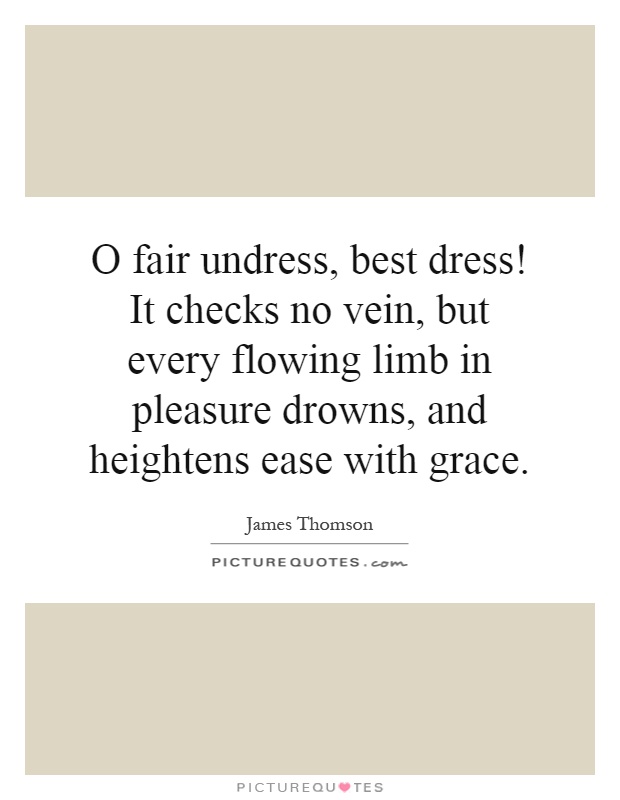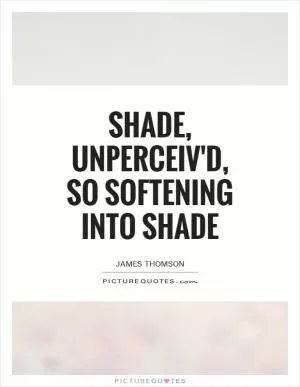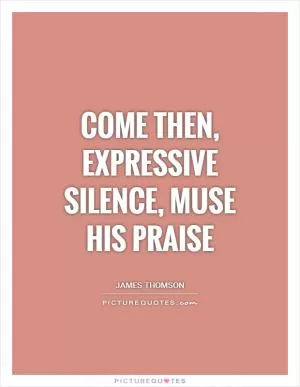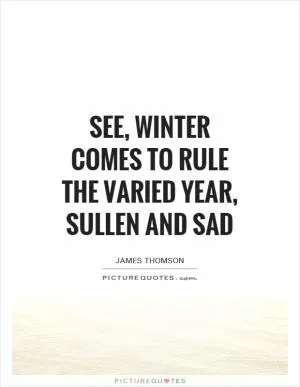O fair undress, best dress! It checks no vein, but every flowing limb in pleasure drowns, and heightens ease with grace

O fair undress, best dress! It checks no vein, but every flowing limb in pleasure drowns, and heightens ease with grace
James Thomson, a Scottish poet known for his descriptive and evocative nature poetry, often celebrated the beauty of the natural world in his works. In the line “O fair undress, best dress! It checks no vein, but every flowing limb in pleasure drowns, and heightens ease with grace,” Thomson captures the essence of the simplicity and purity of nature, particularly in the form of undress or nakedness.Thomson’s use of the term “undress” in this context refers to the natural state of being unclothed, unadorned, and unencumbered by the trappings of civilization. He suggests that in shedding the artificial coverings of clothing, one can experience a sense of freedom and liberation, allowing the body to flow and move with ease and grace. This idea is further emphasized by the phrase “best dress,” implying that the most beautiful and perfect attire is actually no attire at all.
Thomson goes on to describe how this state of undress “checks no vein,” meaning that it does not constrict or hinder the natural flow of blood and energy within the body. Instead, it allows every limb to move freely and effortlessly, leading to a sense of pleasure and ease. The image of being “drowned” in pleasure suggests a complete immersion in the sensory experience of being naked, while the mention of “grace” highlights the elegance and beauty of the body in its natural state.
Overall, Thomson’s words evoke a sense of reverence and admiration for the simplicity and purity of nature, as well as a celebration of the human body in its most natural form. Through his vivid imagery and lyrical language, he encourages readers to appreciate the beauty and freedom that can be found in embracing the natural world and stripping away the artificial constraints of society.












 Friendship Quotes
Friendship Quotes Love Quotes
Love Quotes Life Quotes
Life Quotes Funny Quotes
Funny Quotes Motivational Quotes
Motivational Quotes Inspirational Quotes
Inspirational Quotes